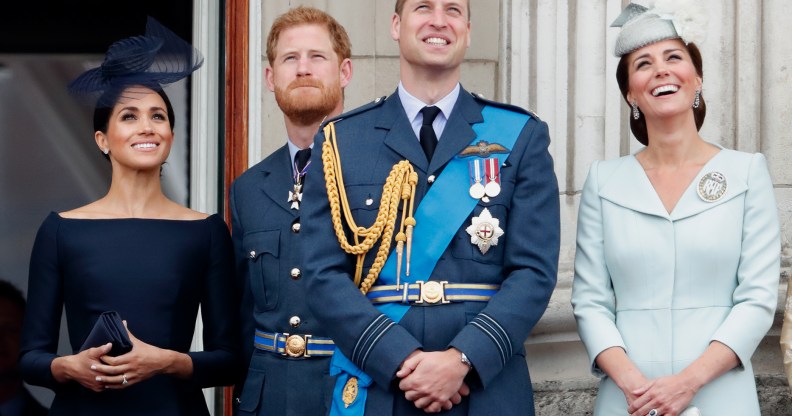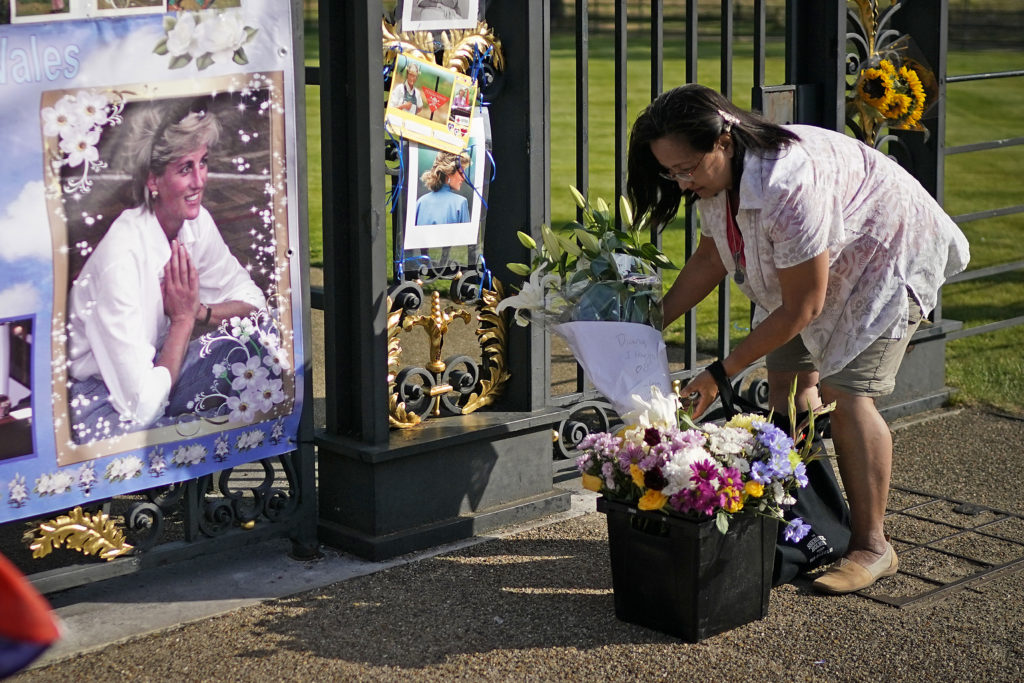More British people are in favour of the monarchy than gay sex or abortion, study finds

Royals Meghan, Harry, William and Catherine on the balcony of Buckingham Palace, 2018 (Max Mumby/Indigo/Getty)
More British people support the royal family than same-sex relationships or abortion, recent polling has found.
The British Social Attitudes annual survey tracks changes in people’s social, political and moral attitudes. It notes a marked liberalisation of attitudes to sex, sexuality and relationships and gender identity since the survey began in 1983.
Although it’s clear most Brits share an increasingly socially liberal outlook, the most recent study found that more people are in favour of a monarchy than LGBT+ relationships.
More than seven in 10 Britons believe it is “very” or “quite important” for the country to continue to have a monarchy, while two-thirds (66 per cent) say sex between two adults of the same sex is “not wrong at all.”
And support for allowing an abortion if the woman doesn’t want to have the child is at 69 per cent – up from 60 per cent in 2005.
It’s possible that in future LGBT+ support could overtake that of the Royal Family, as approval for same-sex relationships has risen steadily after a fall in the mid-1980s, while the majority in support of the monarchy has shrunk significantly in the same time period.
Support for the Royal Family dropped drastically around the time of the Prince of Wales’ separation from Diana, Princess of Wales, and hasn’t risen to the same levels since.
Its highest point in recent years was in 2012, the time of the Queen’s Diamond Jubilee, but it dipped again after that.

Tributes on the 22nd anniversary of Princess Diana’s death on August 31, 2019 in London, England. (Christopher Furlong/Getty)
Mixed messages about transgender people
The study also found that, while the British population are very keen not to be seen as personally prejudiced against transgender people, they are less clear that transphobia is always wrong.
The vast majority (83 per cent state) they are “not prejudiced at all” towards transgender people, compared with just 15 per cent who describe themselves as “very” or “a little” prejudiced.
But less than half of respondents (49 per cent) view prejudice against transgender people as “always” wrong, while just 6 per cent feel it is “rarely” or “never” wrong.
Encouragingly though, 72 per cent of women said that they were “very” or “quite comfortable” with a transgender woman using a female toilet, compared with 64 per cent of men regarding men’s toilets.
A minority (13 per cent) agree that the process transgender people go through reflects “a very superficial and temporary” need, compared with 62 per cent who disagree.
In general, women, younger people, more highly educated people and the non-religious are all more likely to have positive attitudes to both transgender people and to same-sex relationships.

